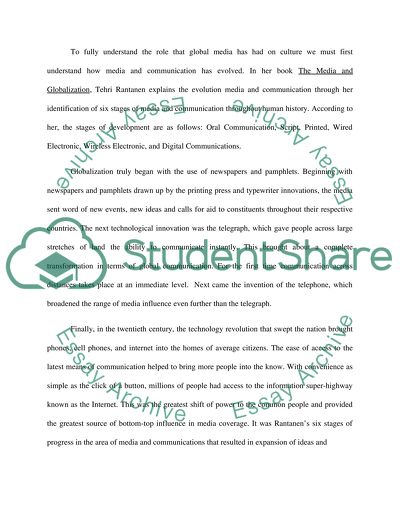Cite this document
(“Who is right, Globalization sceptics or Globalization radicals Essay”, n.d.)
Retrieved from https://studentshare.org/environmental-studies/1412209-who-is-right-globalization-sceptics-or
Retrieved from https://studentshare.org/environmental-studies/1412209-who-is-right-globalization-sceptics-or
(Who Is Right, Globalization Sceptics or Globalization Radicals Essay)
https://studentshare.org/environmental-studies/1412209-who-is-right-globalization-sceptics-or.
https://studentshare.org/environmental-studies/1412209-who-is-right-globalization-sceptics-or.
“Who Is Right, Globalization Sceptics or Globalization Radicals Essay”, n.d. https://studentshare.org/environmental-studies/1412209-who-is-right-globalization-sceptics-or.


